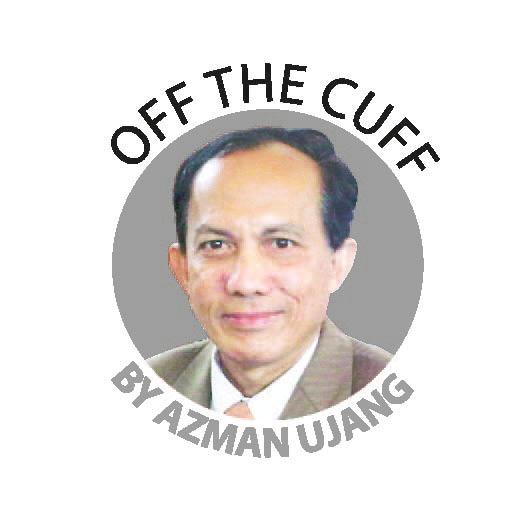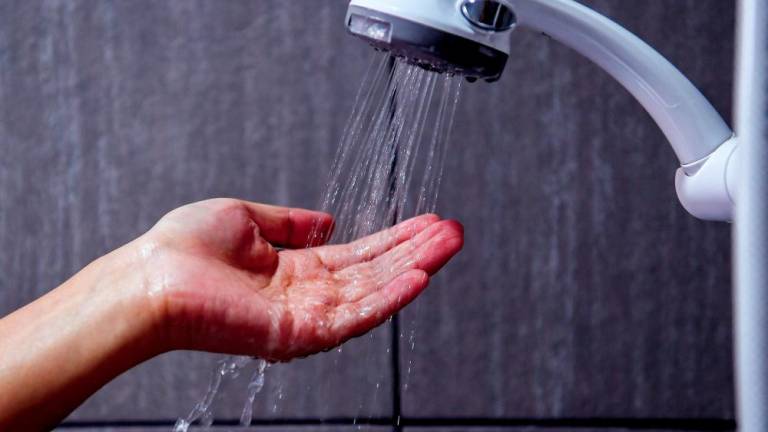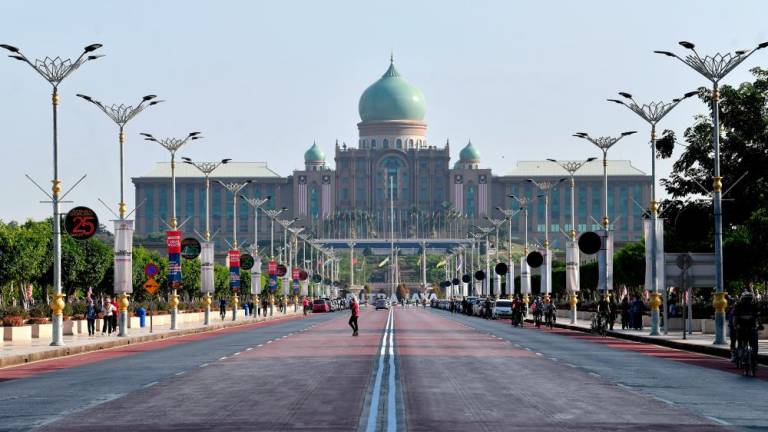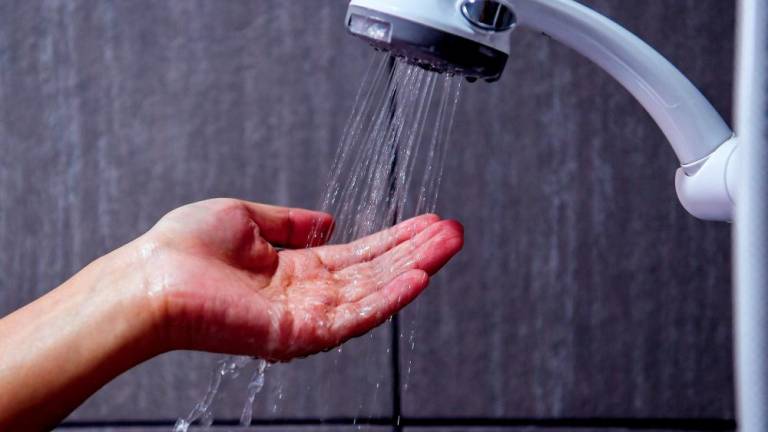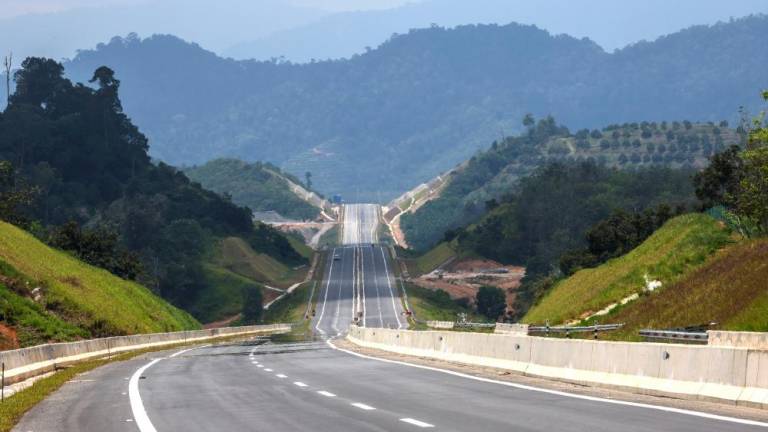ONE category of jobs where workers have to slog to earn a living is garbage collection. It’s dirty, difficult and dangerous.
When a garbage collection truck passes our houses, we can observe that most workers are Bangladeshis especially in cities and urban areas.
Have we as citizens ever given a thought to at least try to lighten their workload by throwing away less garbage?
I would say that one of the “cultural shocks” that first-time visitors or tourists to Malaysia get is that there’s too much garbage strewn around and this could well be a lasting take-away impression when they leave our shores.
Here I mean visitors from developed countries noted for their clean environment and cities and in this instance, Japan is tops in my mind.
I spent most of the previous week in Tokyo on a Japan/Asean programme for four journalists from this region and in a reverse psychology way, I was “disappointed” that after moving around so much within the sprawling city, I couldn’t find even a single tiny piece of litter.
I have been to Tokyo several times over on news assignments but I thought that like in some other cities, there could be some drop in standards in managing the onerous task of dealing with municipal waste, but there was none.
One of 17 features of the United Nations sustainable development goals (SDG) is sustainable cities and communities.
It’s the blueprint to achieve a better and more sustainable future for all and addresses the global challenges we face, including those related to climate change and environmental degradation.
According to the SDG website, the 17 goals are all interconnected and to leave no one behind, it is important that countries achieve them by 2030.
Stakeholders, social activists and NGOs in the country seem to be distracted or preoccupied with matters other than addressing the SDG.
There has been little debate or public pronouncements on how Malaysia is going to achieve the many goals.
In Japan, its commitments to attaining the goals will be showcased in the greatest show on Earth next year – the 2020 Tokyo Olympics that will be followed by the 2020 Tokyo Paralympics in July.
Journalists who attended last week’s programme were told that the 2020 Olympics and Paralympics would be the most “green” in the history of the games in line with the SDGs.
Just to cite a few examples, the gold, silver and bronze medals for the winning athletes will be products of what is called the “urban mining” programme.
What it means is that the three metals have been extracted from used handphones and small home appliances given away by citizens.
Wooden materials such as signages and plaques will be made from recycled items provided by the municipalities while the podiums where the athletes will stand to receive their medals in over 30 venues are made from recycled plastic.
Back to the “garbage stockpile” that we have in our backyard, it’s well-known that this is the biggest headache faced by local authorities.
And it also eats up a big chunk of their budget,the biggest being that of Kuala Lumpur City Hall. The headache is not only how to handle the mountains of garbage but what to do with it later.
How much land is needed for future landfills and the technology entailed in solid waste disposal to preserve the environment are compelling issues as well.
In this regard, it’s long overdue for concerted and sustained efforts to be initiated to create a society that no longer would need to throw as much garbage as we do now.
Although we seemingly have the most number of garbage bins around, the amount of rubbish that doesn’t get into these containers is mind-boggling.
We have civic lessons in schools and had spent billions on the National Service Training Programme for school leavers before it was discontinued, but yet the civic-mindedness as far as indiscriminate rubbish disposal is concerned is still not there.
It also appears to be getting worse by the day.
The question can be asked: Are parents not playing their part, too, in this?
Just look at the rivers and streams that we have in urban areas especially, including those in Kuala Lumpur.
Hundreds of millions must have gone into implementing the River of Life project in the city aimed at clearing up plastic waste and other items but as far as the eye can see, it’s still far from being successful.
It’s time the local authorities raise their voice on this critical issue although we all know that concessionaires providing such services are laughing all the way to the bank.
As if there isn’t enough garbage being dumped, come next year, the Education Ministry will provide free breakfasts for primary school children.
With thousands of schools nationwide, I’m certain it will increase the heaps of food waste that are a common sight in Malaysia, the biggest culprits are the uncontrolled number of foodstalls and the 24-hour Mamak restaurants.
Because the free breakfast is prepared for hundreds of pupils in any particular school, we can’t expect it all to be tasty or savoury and the uneaten food will be thrown away.
What happens next? It will end up in the garbage disposal area which is a breeding ground for rats and the likely increase in rat population means schools themselves could be infested with rats.
My biggest concern with the free breakfast programme is the risk of food poisoning because of the manner huge amounts of food are cooked and handled.
This is one critical area that all stakeholders especially those whose coffers will be fattened by this feeding programme should pay attention to.
If some new laws are necessary to significantly reduce our municipal or solid waste, let’s enact and enforce them for the sake of sustainable living.
Comments: letters@thesundaily.com




